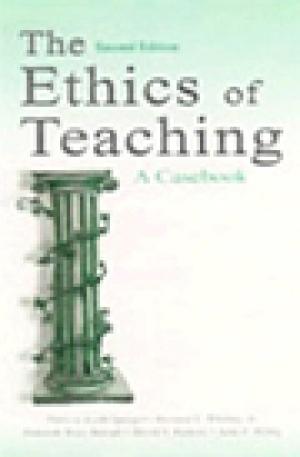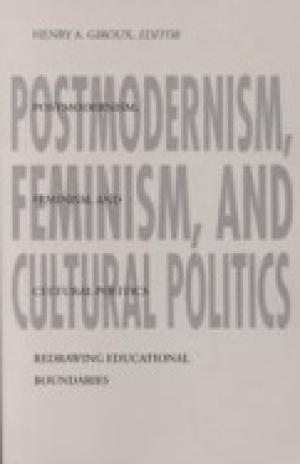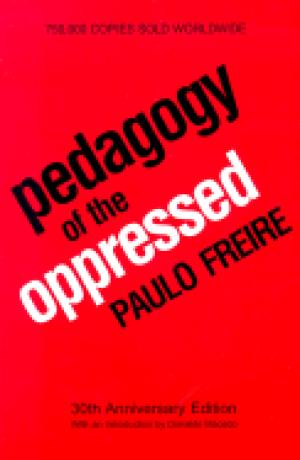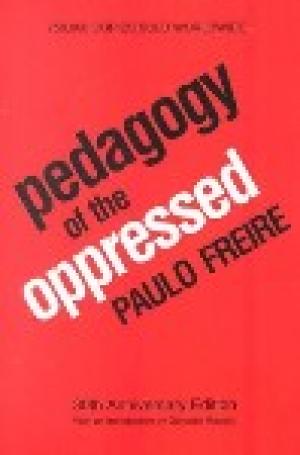Resources

This book evolved by collecting a variety of teaching situations that commonly occur in college and university settings. The authors then created responses to the situations and circulated both the cases and the responses to reviewers from a number of departments across the country. As a result, the vast majority of the cases are "discipline free." (From the Publisher)

Covers Major Models of Teaching. Teaching Models. Designed for use as a main or supplemental text in undergraduate- or graduate-level courses entitled Elementary Curriculum, Introduction to Instruction, Introduction to Teaching, Models of Teaching, and Instructional Methods. (From the Publisher)

This book is the result of a study conducted by the Association of Theological Schools with the support of the Lilly Endowment, which investigates the "multifaceted study of theological education." The purpose of the study is to engage in pragmatic ways to revise theological curricula in light of the present global situation. (From the Publisher)

Joan Herman, Pamela Aschbacher, and Lynn Winters offer cogent guidance on the creation and use of alternative measures of student achievement. They present a systemic and iterative process model that links assessment with decisions affecting curriculum and instruction, according to developmental theories of learning and cognition. The authors review the purposes of assessment and provide a substantive rationale for alternative structures. The heart of the book is the illumination of several key assessment issues that reaffirm our knowledge that assessment tasks must be informed by the most important elements of instructional practice. Includes sample forms and figures to help readers begin revamping their assessment programs. (From the Publisher)


Teachers as Intellectuals is a book for all practitioners and all members of the general community. Giroux demands reader involvement, transformation, and empowerment. He helps understand that the political relationship between schools and society is neither artificial nor neutral nor necessarily negative. Rather, school personnel have a positive and dynamic political role to play. (From the Publisher)

Henry A. Giroux is one of the most respected and well-known critical education scholars, social critics, and astute observers of popular culture in the modern world. For those who follow his considerably influential work in critical pedagogy and social criticism, this first-ever collection of his classic writings, augmented by a new essay, is a must-have volume that reveals his evolution as a scholar. In it, he takes on three major considerations central to pedagogy and schooling. (From the Publisher)

The Aspen Institute's Forum on Communications and Society (FOCAS) is a group of chief executive officers or their equivalents from business, government and the nonprofit sector who meet annually to suggest innovative ways that business, government, and the nonprofit sector can collaborate to use communications and information goods and services for the betterment of society. This report incorporates the work of FOCAS members and their representatives to address specific issues of technology in the K-12 classroom, as well as broader issues of lifelong learning and technology outside the classroom. In particular, the report offers a range of initiatives for overcoming the barriers to funding the implementation of technology in schools and training teachers how to integrate technology in the classroom. Emphasis is placed on the creation of incentives for students and educators to use technology to enhance learning. The body of the report is divided into three main sections. The first section discusses learning and technology; the changing paradigm for learning; the challenge of universal access; the potential of educational technology; technology needs of American schools; barriers to equitable access; and the need for collaboration. The second section focuses on promoting equitable access to technology in the classroom; critical issues of funding; networking the classroom; creating a responsive local technology demand and delivery system; teacher support and training; and promoting public support. The third section discusses technology and learning outside the classroom; the need for a new learning environment; barriers to lifelong learning; public attitudes toward education/learning; the role of technology; developing community-based resources for learning; and building a society that values lifelong learning. Appendices include Societal Goals Working Group Report, FOCAS representatives and resources, and the Aspen Institute Communications and Society Program. (From the Publisher)

This book is a conversation between Antonio Faundez and Paulo Freire. They discuss their work in the Portugese speaking countries of Africa (Guinea-Bissau, Mazambique, Angola) and their attempts to apply the principles of empowerment through literacy that is their trademark. (From the Publisher)

This text argues that the ignorance and lethargy of the poor are the direct result of the whole economic, social and political domination. By being kept in a situation in which it is practically impossible to achieve a critical awareness and response the disadvantaged are kept "submerged". The book suggests that in some countries the oppressors use the system to maintain this "culture of silence". Through the right kind of education, the book suggests, avoiding authoritarian teacher-pupil models and based on the actual experiences of students and on continual shared investigation, every human being, no matter how impoverished or illiterate, can develop a new awareness of self, and the right to be heard. (From the Publisher)